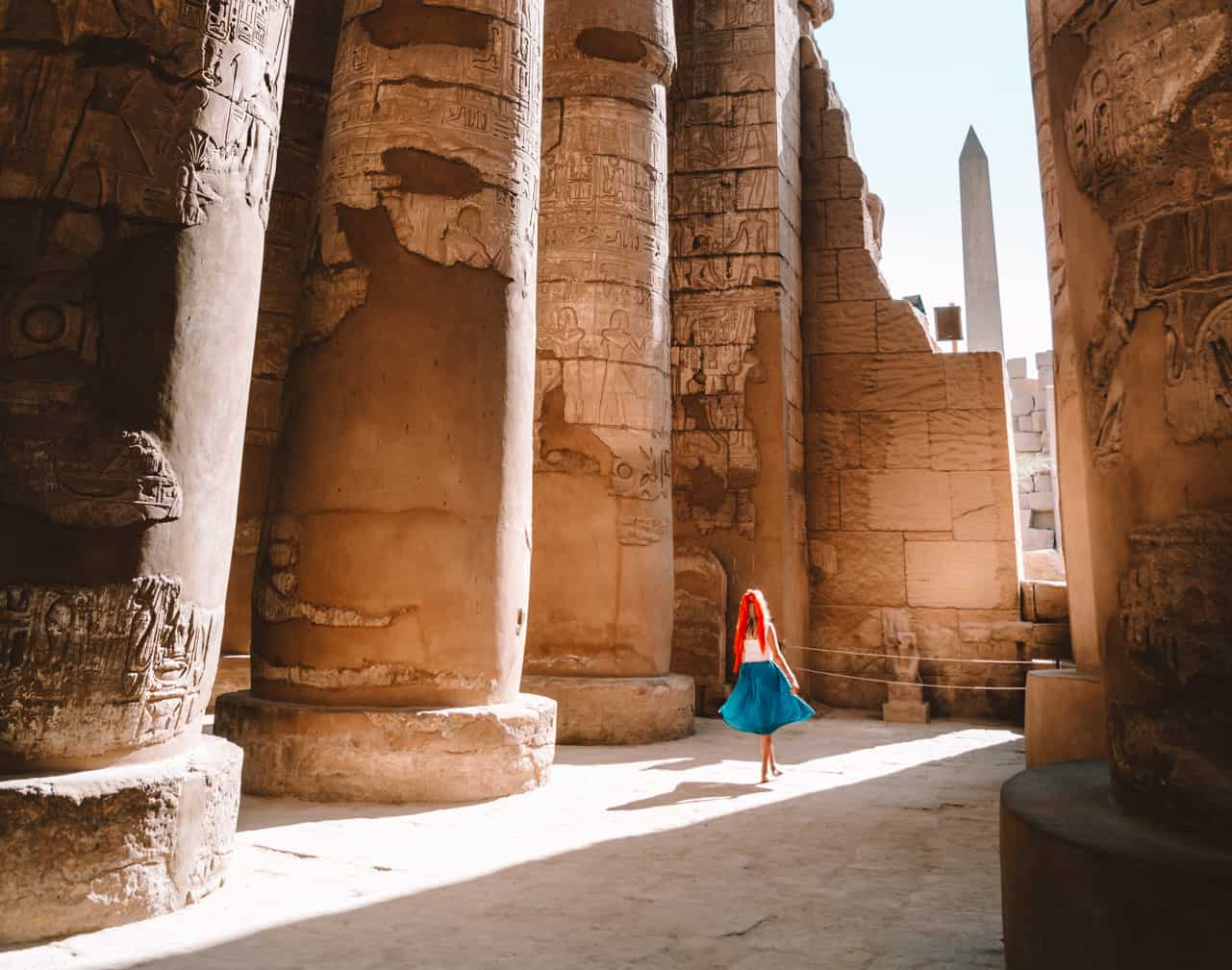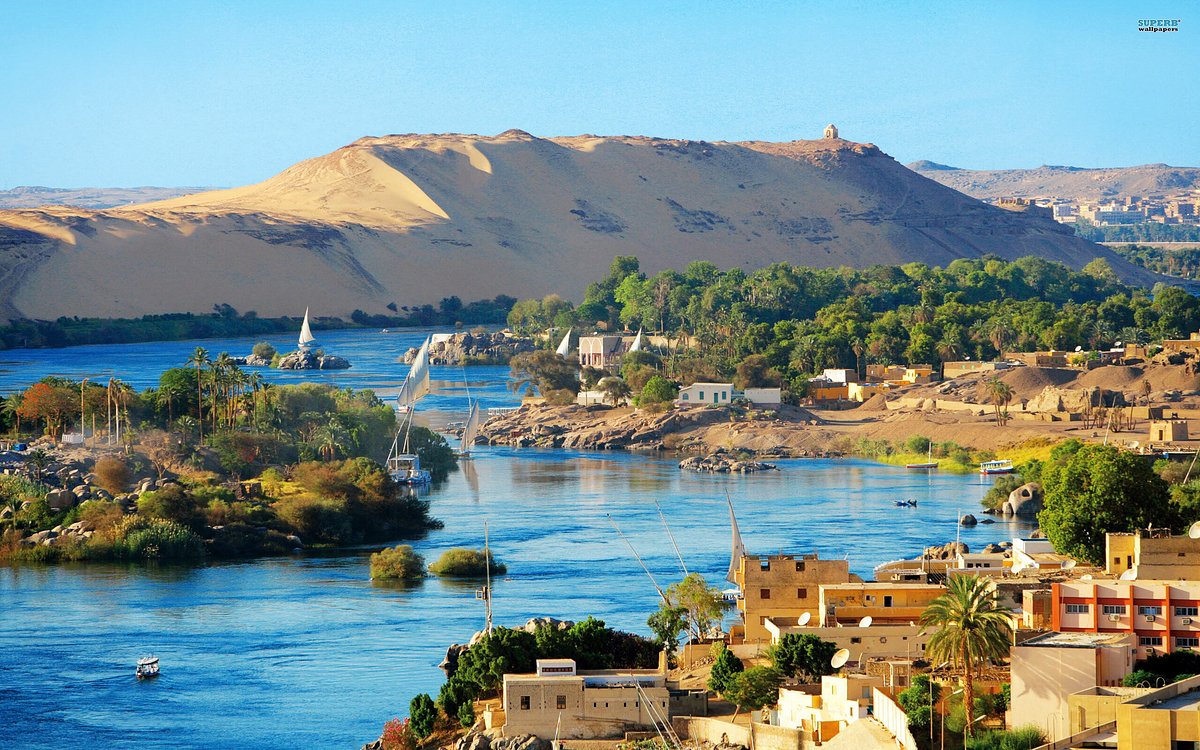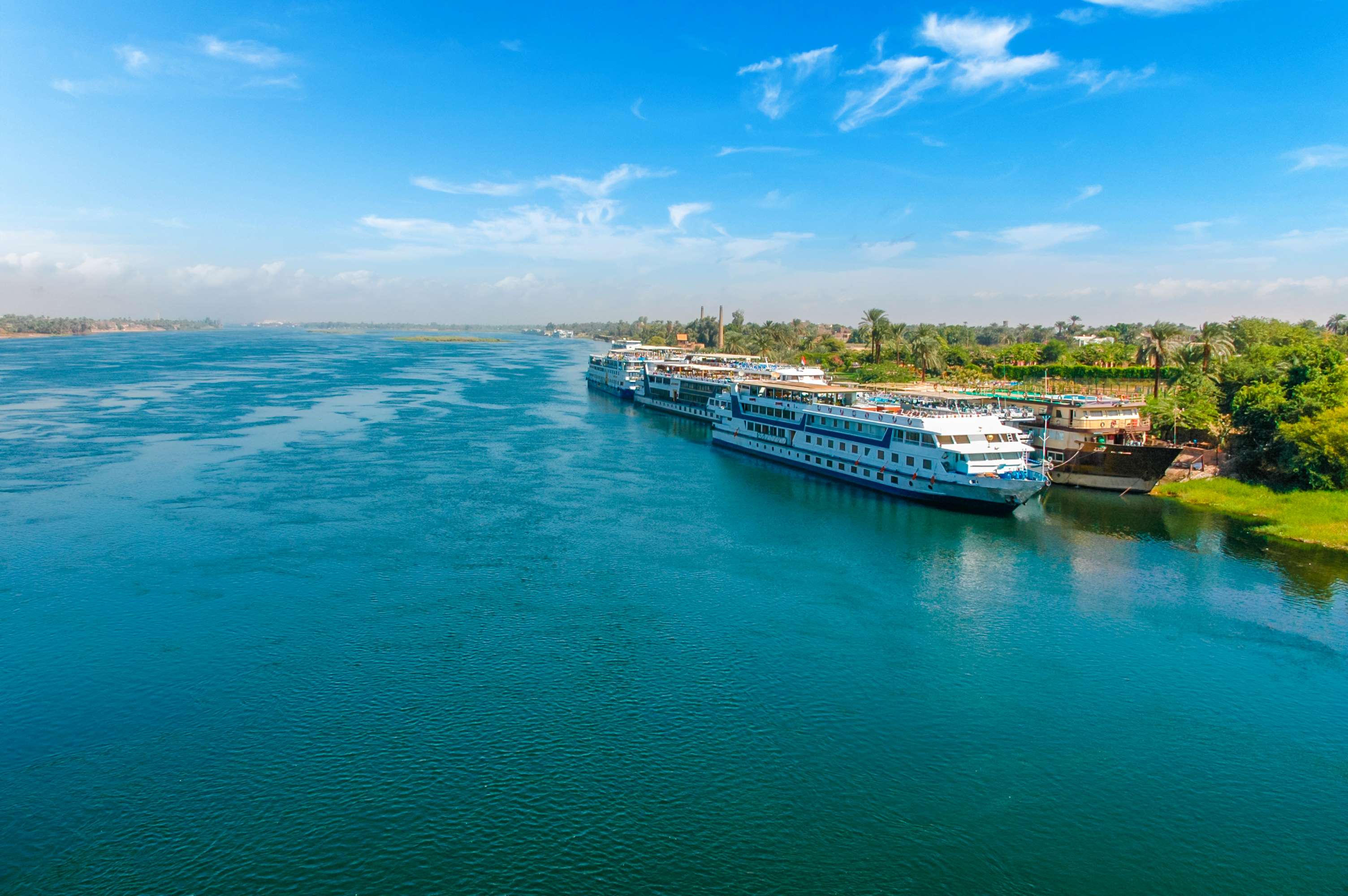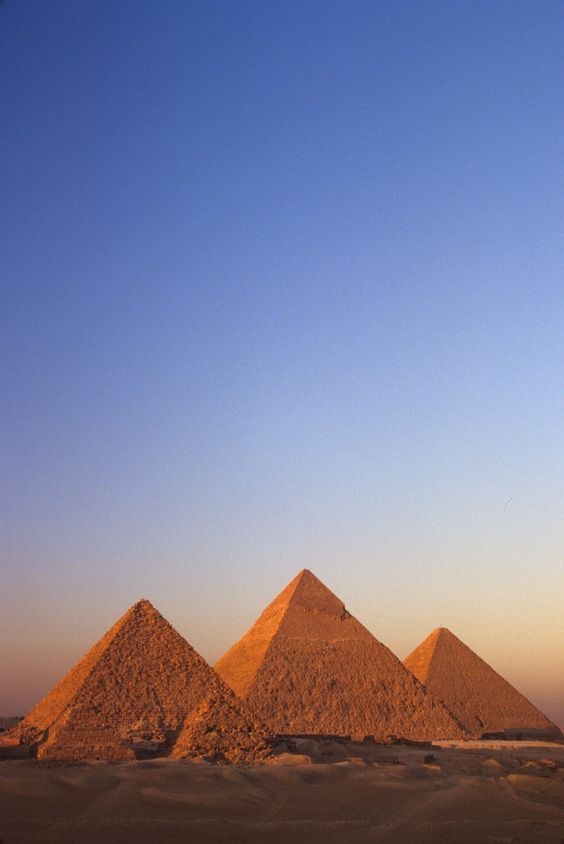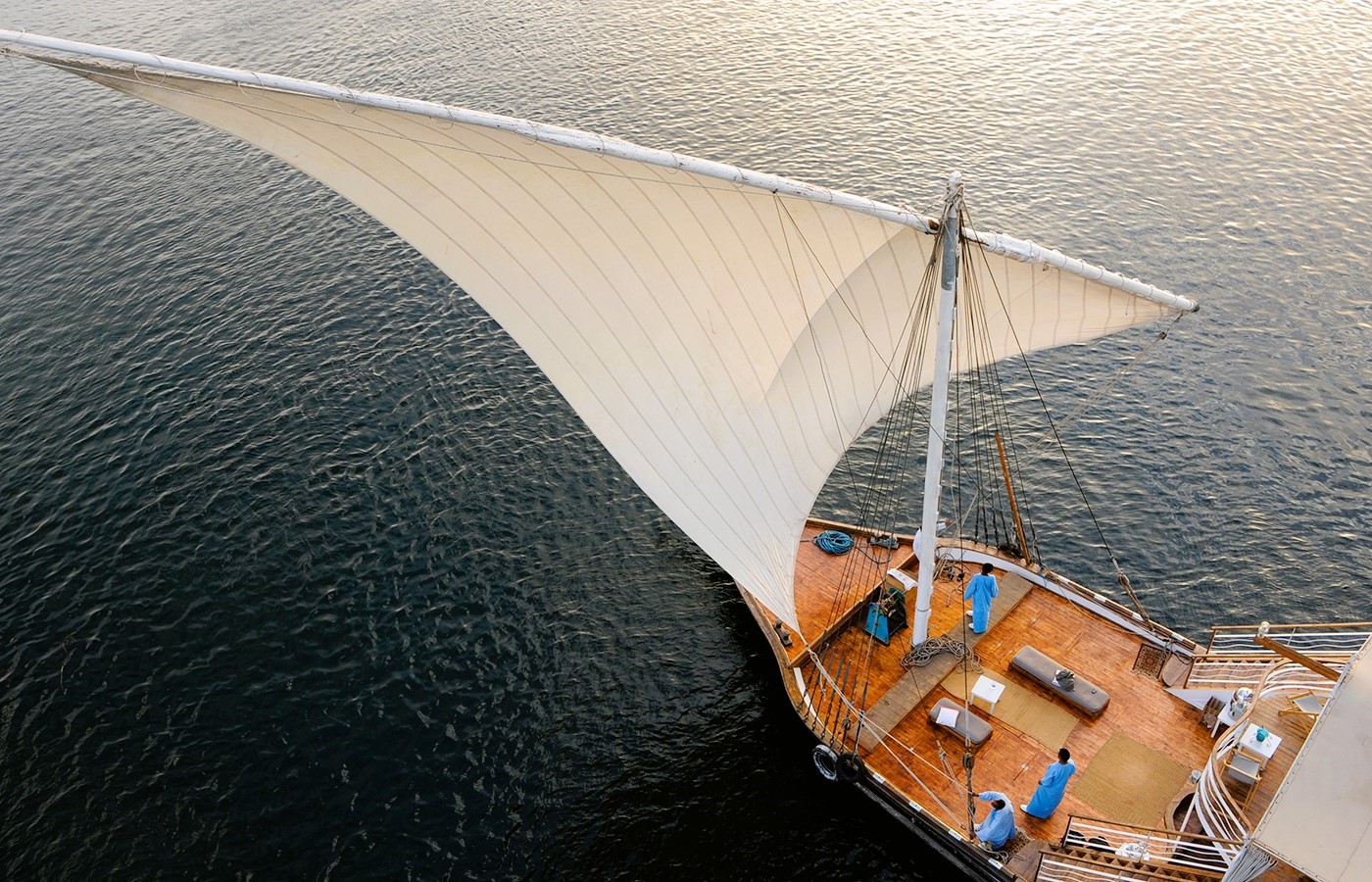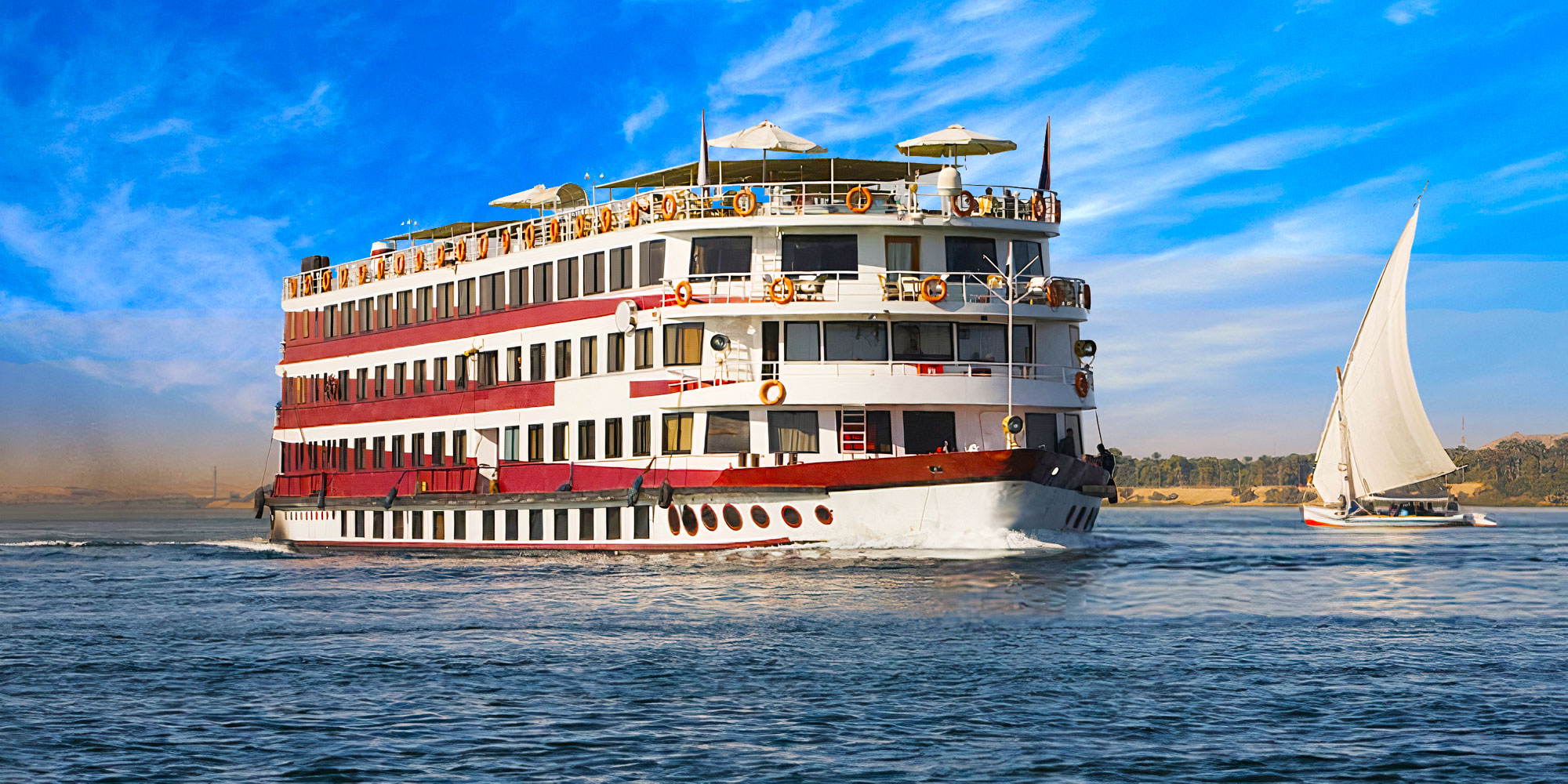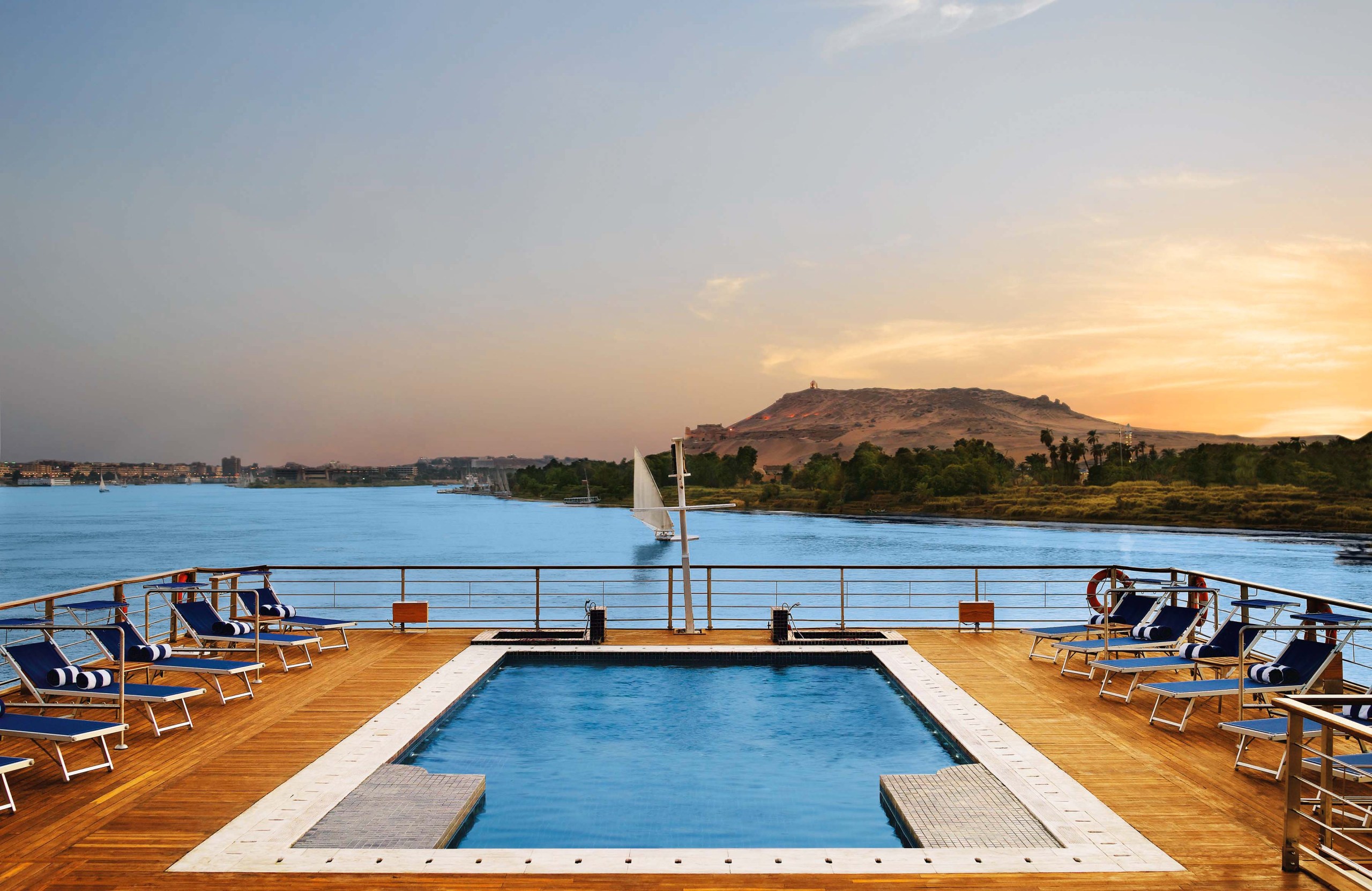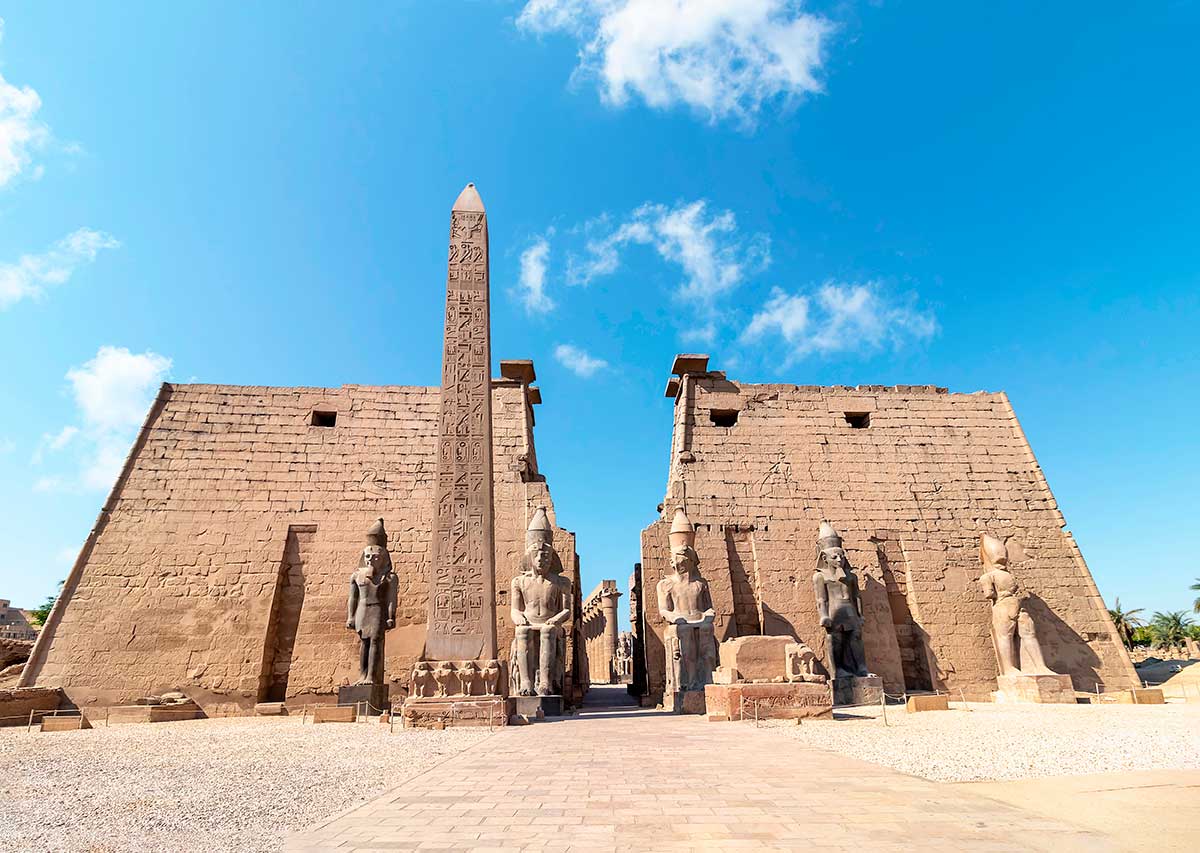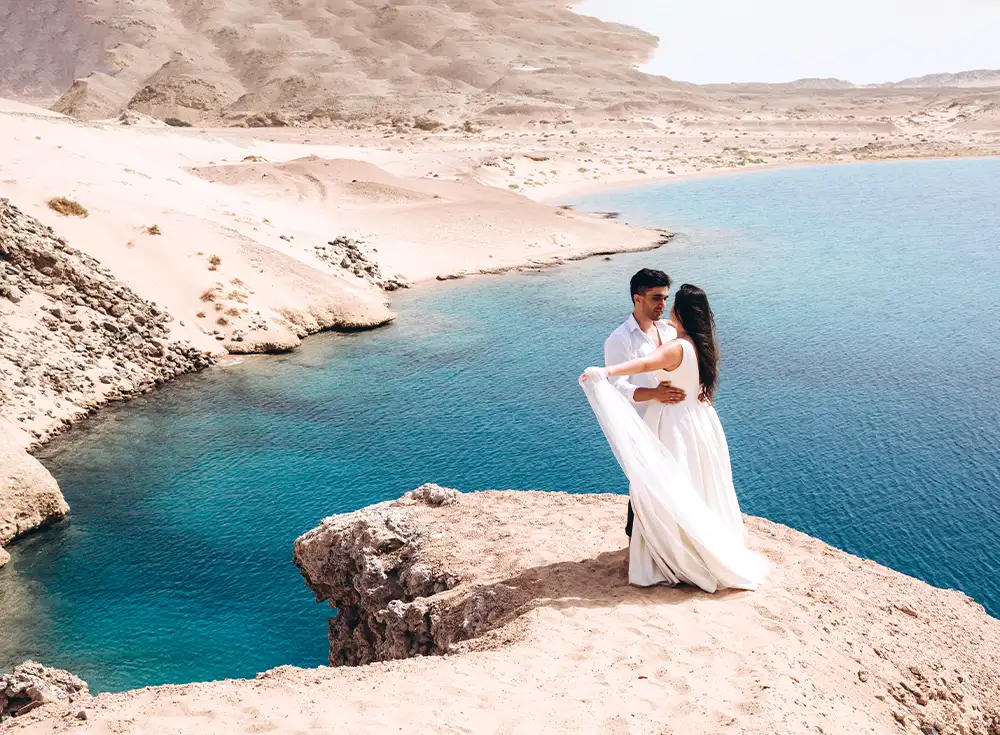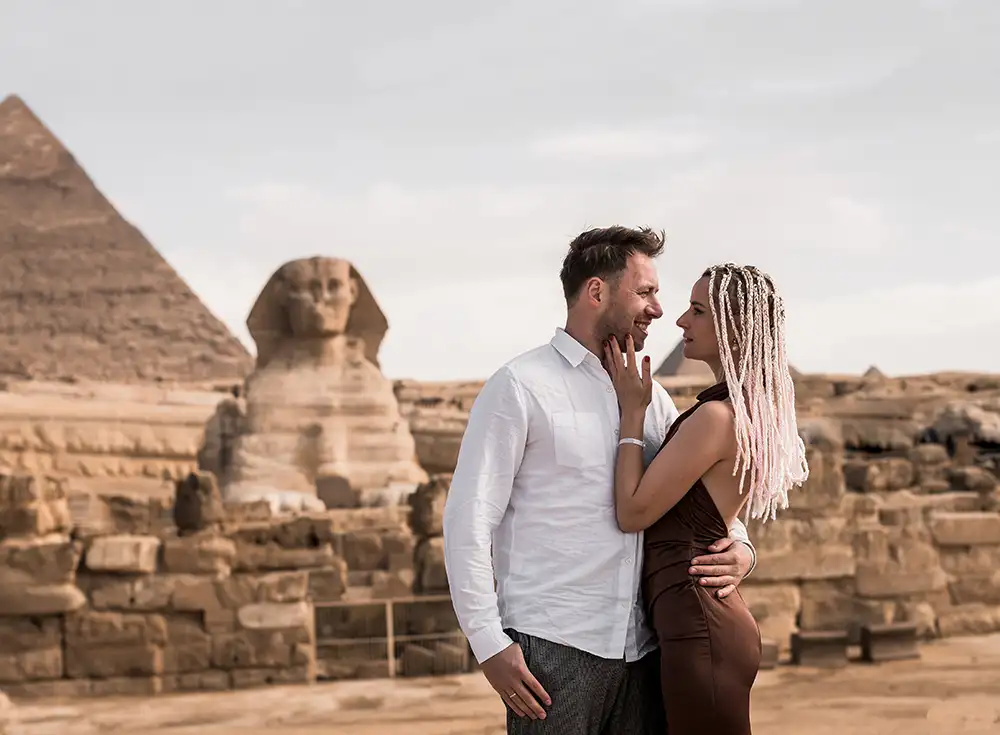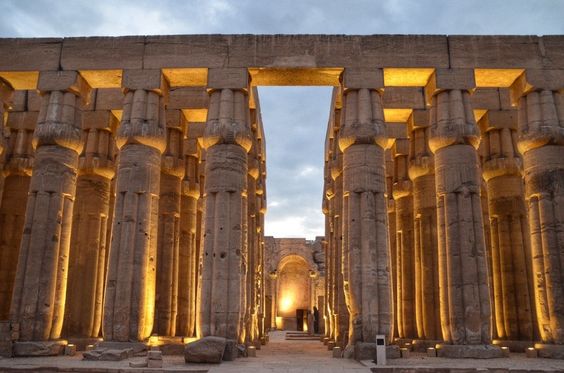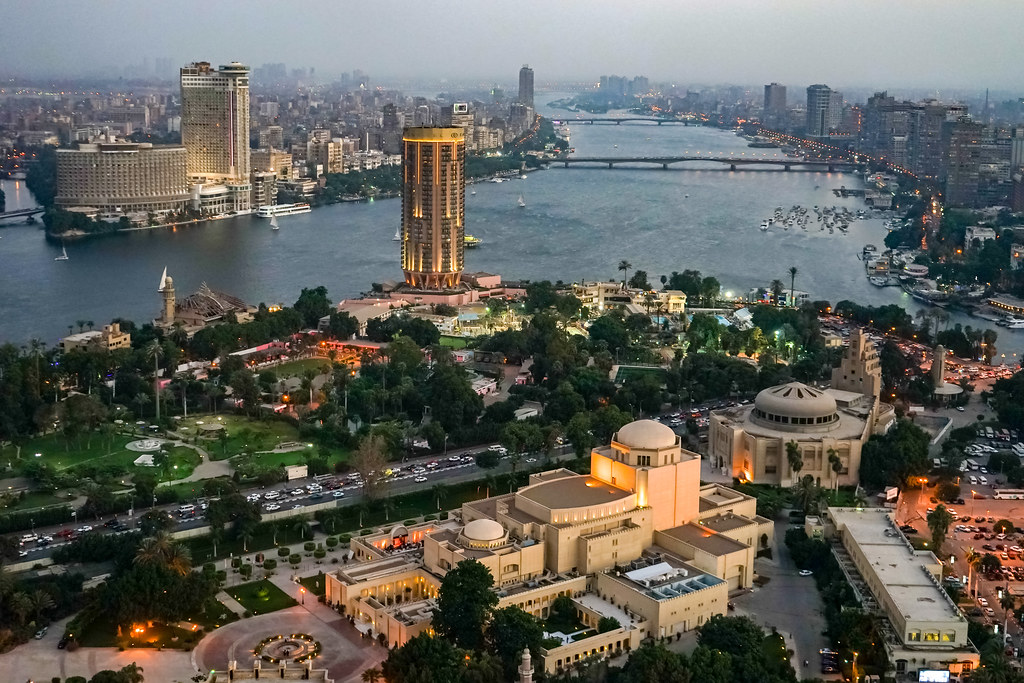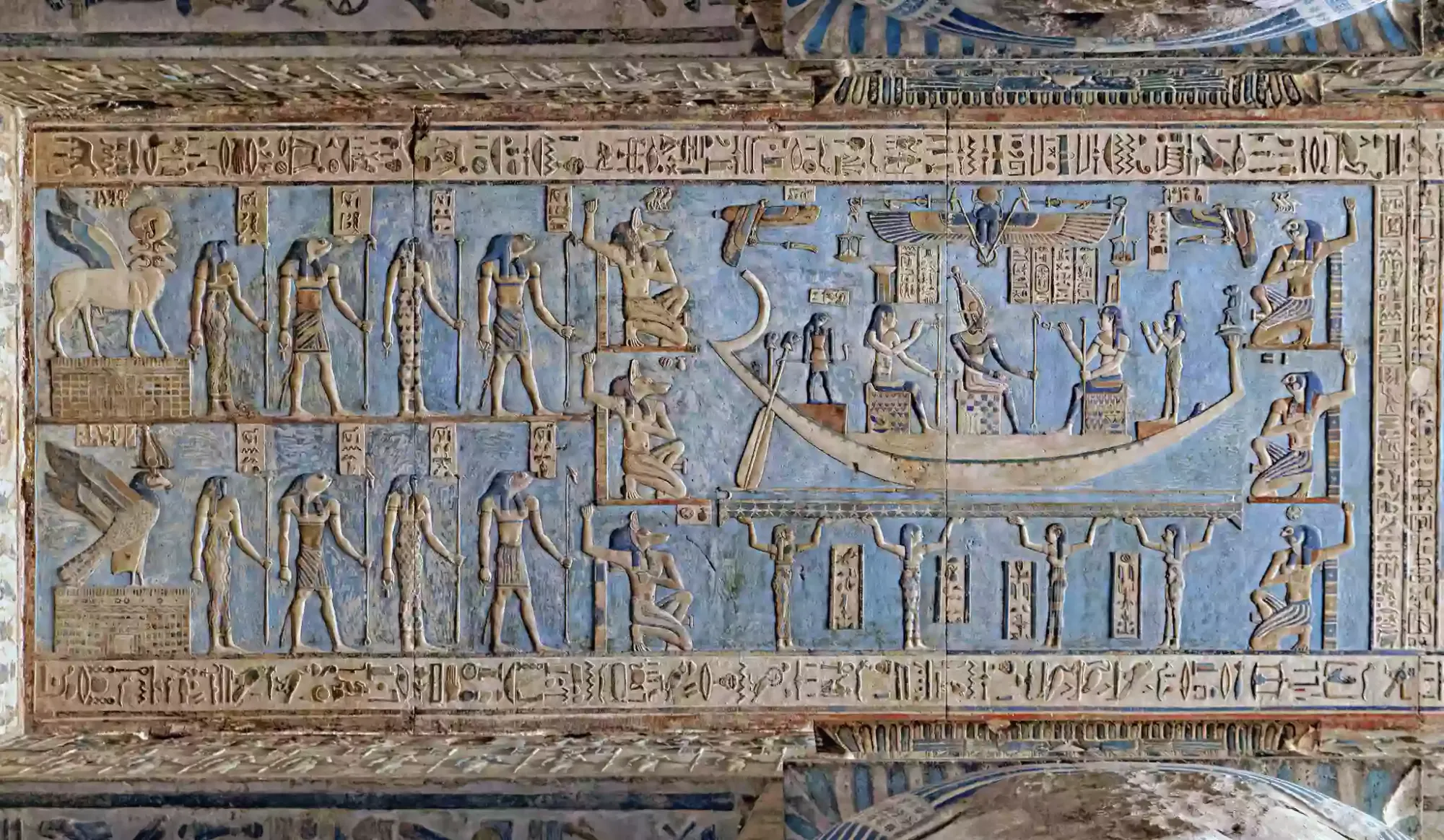The Dendera Temple Complex

The Dendera Temple Complex
The Dendera Temple Complex is one of Egypt's most remarkable and best-preserved ancient sites. The site is primarily dedicated to Hathor, the ancient Egyptian goddess of love, music, joy, and fertility. The temple complex includes several important structures, among which the most famous is the Temple of Hathor, built in the Ptolemaic period, in the 2nd century BCE, but with older elements that go back to the New Kingdom.
The location of Dendra Temple:
The Dendera Temple is located in Dendera, a small town on the west bank of the Nile River, approximately 60 kilometers (about 37 miles) north of Luxor in Upper Egypt. The temple complex is situated about 7 kilometers (4 miles) from the Nile, near the modern town of Qena. It is one of the best-preserved temple complexes from ancient Egypt and is dedicated to Hathor, the goddess of love, music, and fertility.
Who Built the dendra temple?
The Dendera Temple Complex was built chiefly in the Ptolemaic period, though the inception of building falls within the reign of Ptolemy VIII, circa 2nd century BCE. It is mainly a temple dedicated to the goddess Hathor, in which the Ptolemaic kings made great contributions to its building and decoration. However, the site incorporates earlier structures and additions from various periods that represent the long history of the temple.
Key figures participating in building and developing the Dendera Temple are:
Ptolemy VIII (Euergetes II ): He is credited with the first building of the Temple of Hathor around the 2nd century BCE. His time witnessed the erection of the main temple structure and the rich reliefs inside it that included Ptolemaic and Roman emperors.
Other Ptolemaic Kings: The later rulers of the Ptolemaic dynasty also had contributions to make in the building and adornment of this temple. Further renovations or additions to the complex may have been made by Ptolemy XII, and even Cleopatra VII, the famous queen.
Earlier Contributions: Though the great structure of the temple comes from the Ptolemaic period, the New Kingdom period buildings that are around the 18th dynasty were also integrated into the site. The earliest foundations of the temple predate about 500 BCE of the 21st Dynasty, though the greater building work came later.
The Dendera Temple is famous for:
1. Temple of Hathor
The Temple of Dendera is primarily dedicated to Hathor, the ancient Egyptian goddess of love, music, dance, and fertility. Besides that, Hathor was also recognized as the goddess of motherhood and fun. For that reason, this temple was a crucial place of religious significance to the ancient Egyptians. It was used for rituals and ceremonies honoring her.
2. Impressive Architecture and Preservation
It is one of the best-preserved temple complexes in Egypt, with its impressively structured, beautifully columned, and well-maintained walls standing as evidence of ancient Egyptian architectural genius. Of most of the other ancient Egyptian temples, the Temple of Dendera is relatively intact. As such, it gives a clear insight into temple building and decoration during both the Ptolemaic and Roman periods.
3. The Dendera Zodiac
Probably the most famous and enigmatic object found in the temple-the so-called Dendera Zodiac-is one such star chart that was found on the ceiling of the Hathor Temple, a representation of the signs of the zodiac in a highly detailed and complex view of the stars and constellations according to the Ancient Egyptians. The relief depicts the constellations of Orion, Taurus, and Leo and has engendered debate on behalf of historians and archaeologists regarding the ancient Egyptians' knowledge in astronomy. Some scholars consider this to be potential proof of a developed knowledge of the cosmos.
4. The Well-Preserved Hypostyle Hall
The Hypostyle Hall in the temple is lined with skillfully carved columns with reliefs and inscriptions showing scenes of the goddess Hathor and the divine and royal figures who interacted with her. Its ceiling, especially, has paintings and decorations remarkably well preserved.
5. Birth House (Mammisi)
Mammisi, or Birth House, refers to a minor temple in the Dendera complex that is dedicated to the birth of the divine child. The raising of such buildings was one of the common customs in temples when their patron deities were born, although it is actually at Dendera that the Mammisi is famous for its reliefs showing the goddess Hathor giving birth to the child of the sun god Ra.
6. Roman Influence
The Temple, though started in the Ptolemaic period-being just about the 2nd century B.C.-was substantially completed during the Roman Empire. It is thus Egyptian, Greek, and Roman architectural styles combined. Indeed, this blend can be expressed both in the design of the temple and in the reliefs inside.
7. The Sacred Lake
It also contains a sacred lake, a large pool in the shape of a rectangle used for ritual purification and other religious ceremonies. A number of Egyptian temple complexes contain a sacred lake, but that at Dendera is fairly impressive in both size and state of good preservation.
8. The Reliefs and Inscriptions
The temple is famous for its amount of details within the intricate reliefs and hieroglyphic inscriptions—it is plenty for information concerning the religious practices and life of ancient Egyptians. These carvings were showing various gods, kings, and queens, and mythological scenes that often include Hathor as a main character.
Egypt Tours FAQ
Of course, travelers must obtain a visa, which can be obtained upon arrival or online for some nationalities.
Egypt is generally safe for tourists and residents, and you should consult travel specialists to find out the best places to visit in Egypt.
The Egyptian pound (EGP) is the official currency in Egypt.
The language is Arabic, but in tourist areas English is widely spoken.
Egypt offers a range of tours, including historical, cultural, and adventure trips that cater to all interests
Yes, many Egypt trips are family-friendly, offering educational experiences and activities suitable for all ages.
Private Egypt tours can be easily booked through us, offering customized itineraries based on your preferences.
Guided tours in Egypt include a professional guide, who provides insight and comfort, while self-guided tours allow more flexibility but you won't get the information a tour guide gives you.
comfortable clothing suitable for the climate, sunscreen, and essentials for exploring historical sites






